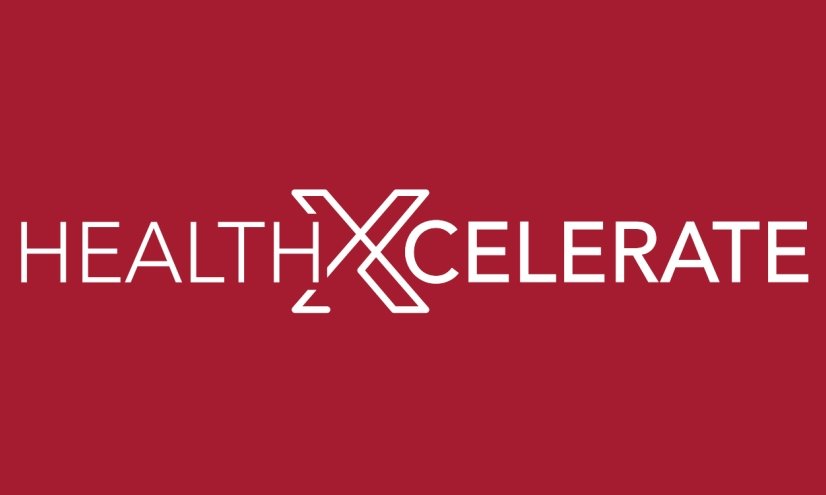HealthXcelerate: Strategy, Policy, and Systems
- HealthXcelerate

Build a comprehensive understanding of the U.S. health care system and the patient's experience.
- Online; Self-Paced
Complete coursework at your own pace.
$1,250
Gain access to six courses within this program.
Certificate
Earn a Certificate of Completion when you complete all program components.
Recommended completion timeframe: 12 weeks
Monthly starts provide easy access to this program when you are ready to learn. Register by March 11, 2026 for the next program session starting March 18, 2026.
On This Page
Overview
Developed by Harvard Medical School (HMS), HealthXcelerate: Strategy, Policy, and Systems covers foundational topics of the U.S. health care system in a global context to empower professionals and organizations to meet their career and market goals.
Taught by HMS faculty and industry experts, this online program features six courses you can complete at your own pace:
- Foundations of the U.S. Health Care System
- Principles & Practice of Health Care Delivery
- Social Determinants of Health
- Health Care Policy and Economics
- Population Health and Disease Dynamics
- Drug Development from Discovery Through Approval
Each course weaves in a specific patient journey exemplifying the concept being taught and increasing contextual awareness about the vast health care system. You will experience an engaging online learning curriculum designed to give you the tools and knowledge needed to be successful in health care, whether you are new to the industry, transitioning into new areas of responsibility, or seeking new perspectives.
Learning Objectives
- Key characteristics of the U.S. health care system
- Pathways to health care access in outpatient, inpatient, and home-based settings
- Structural and intermediate social determinants of health and their impact on health inequities
- The influence of national and state health care policies on access to care
- Metrics for quantifying population health
- Key phases of the drug development process, with their features and purposes
About the Program
HealthXcelerate’s Strategy, Policy, and Systems courses are led by Harvard Medical School faculty and industry experts. You will gain firsthand insights into the U.S. health care system within a global context, equipping you with the knowledge needed to drive meaningful impact and advance solutions in today’s evolving health care landscape. Each course tackles a key area of the health care system and features narrative animations, engaging activities, and knowledge check questions to ensure your understanding of key concepts.
Upon enrollment into this online program, you will have access to six courses that you can complete at your own pace and in order of your preference. Most learners can expect to complete each course within 3-4 hours. We recommend completing the program within 12 weeks. Monthly course starts provide easy access to this program when you are ready to learn.
Who Should Enroll
This program will benefit professionals throughout the health care industry, including those in entry-level roles; support positions such as marketing, IT, or finance; as well as those transitioning into health care organizations from other sectors. No matter your role in the health care industry, whether providing patient care or shaping strategies behind the scenes, deepening your understanding of the health care system empowers you to contribute more meaningfully.
For information around payments and policies, please review our frequently asked questions.
Faculty Leads
Each course within the HealthXcelerate program features Harvard Medical School faculty and leading experts in the field.
- Associate Professor of Medicine
- Faculty Director, Diabetes Education, Office for External Education
- Director of International Innovation Programs, Office for External Education, Harvard Medical School
- President of Medicine and Science, American Diabetes Association

David Cutler
PhD
- Otto Eckstein Professor of Applied Economics, Department of Economics and Kennedy School of Government, Harvard University

Jennifer Leeds
BSc, PhD
- Executive Director, Head C&BD, Novartis (Retired)

Bruce E. Landon
MD, MBA, MSc
- Professor of Health Care Policy, Department of Health Care Policy, Harvard Medical School
- Professor of Medicine and Practicing Internist, Beth Israel Deaconess Medical Center

David Levine
MD, MPH, MA
- Associate Professor of Medicine, Harvard Medical School
- Medical Director, Strategy and Innovation, Brigham and Women’s Home Hospital
- Clinician investigator, Division of General Internal Medicine and Primary Care, Brigham and Women’s Hospital

Jeffrey Levin-Scherz
MD, MBA
- Assistant Professor, Harvard Medical School
- Assistant Professor in the Department of Health Policy and Management, Harvard T.H. Chan School of Public Health
Group Enrollments
HealthXcelerate is ideal for organizations looking to train teams or larger groups. Group pricing is available, making it a cost-effective investment in team development.
“HealthXcelerate is an excellent opportunity to learn more about all aspects of the U.S. health care system. The flexible course framework makes it easier to integrate into my busy work days than other programs.”
Request Information
Interested in learning more about this program? Sign up for details.






In Social Determinants of Health, led by Enrique Caballero, M.D., you will examine how social aspects can shape health outcomes for individuals and communities.
This course will delve into various social, economic, and environmental factors that impact health disparities and inequalities. You will review evidence-based interventions and strategies to address social determinants and health disparities, foster health equity, and enhance population health.
Learning objectives: